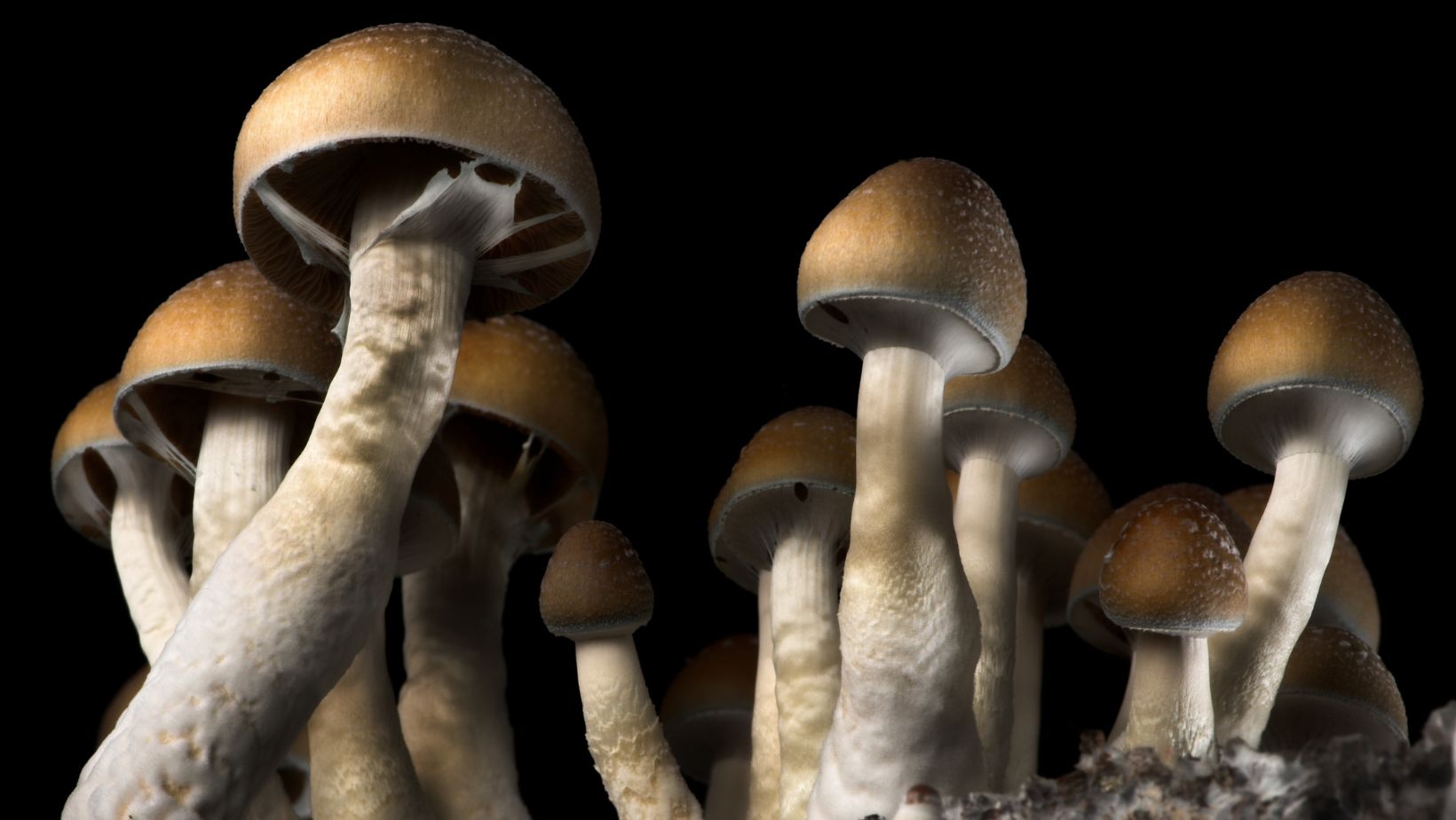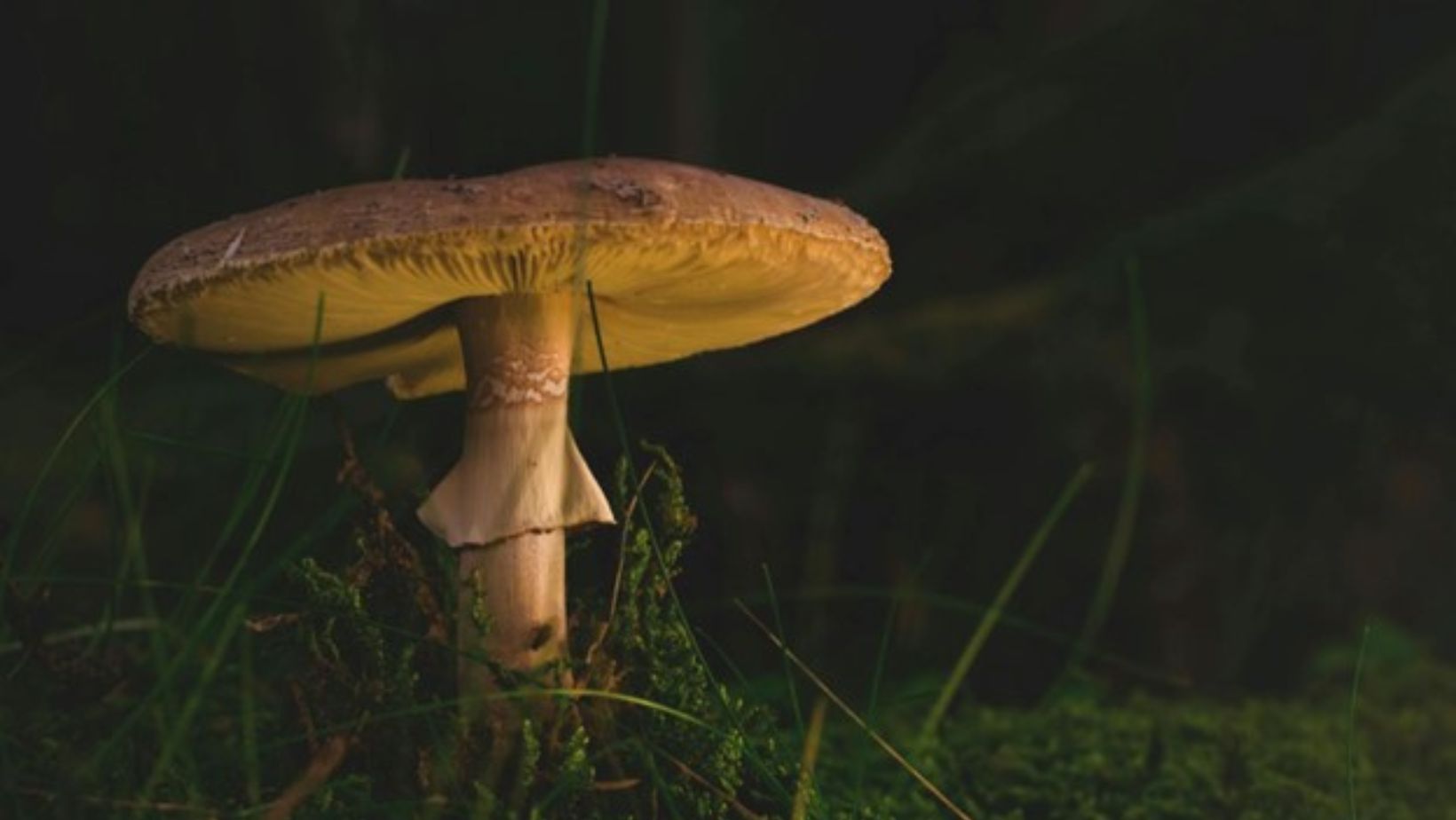Magic mushrooms, specifically those containing psilocybin, have gained popularity for their potential therapeutic uses. One of the most well-known species is Psilocybe cubensis, a mushroom that contains the psychoactive compound psilocybin. This article provides an overview of the science behind these mushrooms and their possible mental health benefits.
Historical Use of Psychedelic Mushrooms
Psychedelic mushrooms have been used for centuries by indigenous cultures in rituals and healing practices. The Aztecs and Mazatec peoples referred to these mushrooms as “teonanácatl,” or “flesh of the gods.” They believed the fungi allowed communication with the divine and used them in sacred ceremonies.
Interest in psychedelic mushrooms reemerged in the 1950s and 1960s when ethnomycologists like R. Gordon Wasson and Albert Hofmann, who also synthesized LSD, brought attention to their psychoactive properties. This renewed interest laid the groundwork for modern research into psilocybin’s potential therapeutic applications.
How Psilocybin Works in the Brain
Psilocybin, found in Psilocybe cubensis and other species, is converted to psilocin after ingestion. Psilocin binds to serotonin receptors in the brain, particularly the 5-HT2A receptor. This interaction is believed to cause the alterations in perception, mood, and cognition typically associated with psychedelic experiences.

Research indicates that psilocybin can induce a “mystical experience” characterized by feelings of unity, spiritual insights, and emotional breakthroughs. These experiences are often seen as life-changing and contribute to the growing interest in micro-dosing psilocybin for mental health treatment.
Psilocybe Cubensis: Characteristics and Potency
Psilocybe cubensis is one of the most popular species of psychedelic mushrooms. It is relatively easy to cultivate, making it accessible for both research and recreational use. The mushrooms are identifiable by their golden-brown caps and thick stems, which bruise blue when damaged—a sign of the presence of psilocybin.
The psilocybin content in P. cubensis can vary depending on factors like strain, growing conditions, and the age of the mushroom. Generally, they contain between 0.5% and 1% psilocybin by dry weight. This variability emphasizes the importance of careful dosing, especially in therapeutic contexts.
Therapeutic Benefits of Psilocybin
Interest in the therapeutic potential of psilocybin has surged in recent years. Studies show that psilocybin-assisted therapy may be effective in treating conditions such as depression, anxiety, PTSD, and addiction. Clinical trials reveal that a single dose of psilocybin, combined with therapy, can result in lasting improvements in mental health.
One key to psilocybin’s therapeutic effects is its ability to promote neuroplasticity, the brain’s ability to form new neural connections. This enhanced neuroplasticity may help patients break free from entrenched thought patterns associated with mental health disorders.
The profound emotional and spiritual experiences often reported during psilocybin sessions can also provide psychological relief. These experiences allow individuals to reframe their perspective on life, contributing to long-term emotional healing.
The Future of Psilocybin Research
As research continues to advance, the future of psilocybin use looks promising. Several ongoing clinical trials aim to further explore its potential to treat mental health conditions. Some researchers advocate for reclassifying psilocybin as a Schedule II substance, acknowledging its medical value while regulating its use.

However, psilocybin is not suitable for everyone. Individuals with a history of psychosis or certain personality disorders may not be good candidates for psilocybin therapy. The use of psychedelics should always be approached with caution and under the guidance of a trained therapist, ensuring that the individual has the support they need during the experience.
Conclusion
Psilocybe cubensis represents a remarkable bridge between ancient tradition and modern science. As research uncovers more about the therapeutic potential of psilocybin, magic mushrooms may play an increasingly important role in mental health treatment. However, careful consideration and respect for the risks are necessary to unlock their benefits fully.
The growing body of research around psilocybin is reshaping how society views psychedelics. With continued exploration, these fungi could provide new ways to address mental health challenges, helping individuals lead healthier, more fulfilling lives.
